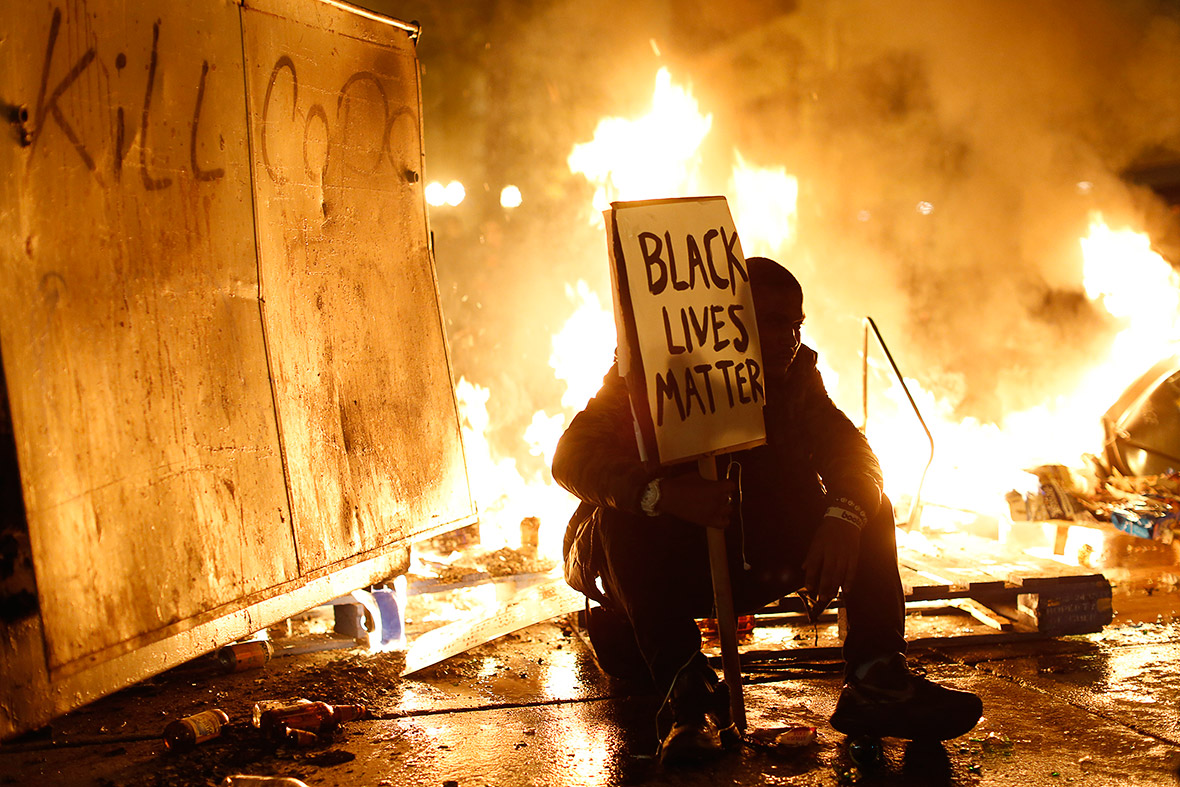
WASHINGTON — The White House said Monday that it did not agree with the assertion last week by the F.B.I. director, James B. Comey, that additional scrutiny of law enforcement in the past year may have made police officers less aggressive, leading to a rise in violent crime in some cities.
«The evidence we have seen so far doesn’t support the contention that law enforcement officials are shirking their responsibilities,» theWhite House press secretary, Josh Earnest, said in response to a question about Mr. Comey at his daily briefing. «In fact, you hear law enforcement leaders across the country indicating that that’s not what’s taking place.»
In a speech at the University of Chicago on Friday, the F.B.I. director said there might be many factors — like cheaper drugs and easier access to guns — that had spawned an increase in crime. But none of them were as convincing to him as the notion that officers were afraid to get out of their patrol cars and deal directly with people on the street because the officers were afraid their interactions would be caught on video.
Mr. Comey acknowledged there was no data to back it up, but he said law enforcement leaders and officers had told him it was affecting policing.
«I spoke to officers privately in one big city precinct who described being surrounded by young people with mobile phone cameras held high, taunting them the moment they get out of their cars,» Mr. Comey said. «They told me, ‘We feel like we’re under siege and we don’t feel much like getting out of our cars.’ »
Many have called it «the Ferguson effect,» referring to the protests that erupted in the summer of 2014 after a white police officer fatally shot an unarmed black man in Ferguson, Mo. But this explanation for a crime increase has been criticized because it can be seen as suggesting that those who protest police tactics are in part to blame for violent crime. It can also be interpreted as an accusation that police officers are not doing their jobs while crime rises.
Mr. Comey’s remarks angered Justice Department and White House officials, because they saw them as undermining the administration’s criminal justice policies. Holding the police accountable for civil rights violations has been a top priority for the Obama administration in recent years, and several officials privately fumed at the suggestion that criticizing the police had led to violent crime.
In Mr. Comey’s speech, he also appeared out of step with the administration over whether the imprisonment of thousands ofcriminals in the 1980s and 1990s — when there were high rates of crime in many cities — could be called «mass incarceration.»
Mr. Comey said these prosecutions «didn’t happen ‘en masse.’ »
«Each drug dealer, each mugger, each killer, and each felon with a gun had his own lawyer, his own case, his own time before judge and jury, his own sentencing, and, in many cases, an appeal or other post-sentencing review,» Mr. Comey said. «There were thousands and thousands of those individual cases, but to speak of ‘mass incarceration’ I believe is confusing, and it distorts an important reality.»
Many of the Obama administration’s criminal justice initiatives focus on undoing policies from the 1980s and 1990s that disproportionately affect minorities. The White House and the Justice Department have pushed for more flexible and lenient prison sentences for nonviolent drug offenders and encouraged prisoners to seek early release. For the first time in a generation, the federal prison population has declined.
«Mass incarceration makes our country worse off, and we need to do something about it,» Mr. Obama said in July.
Appearing before the International Association of Chiefs of Police on Monday, Mr. Comey delivered nearly the same speech as he had on Friday, again suggesting that crime might be on the rise in some cities because officers — fearing criticism — have scaled back their policing.
This time, however, he was more explicit in saying that he did not know whether that was the case. He again credited aggressive policing with bringing safety and order to America’s cities. But he spoke far less about the incarceration issue.



Expositores: Oscar Vidarte (PUCP) Fernando González Vigil (Universidad del Pacífico) Inscripciones aquí. Leer más
Una retrospectiva para entender los próximos cuatro años. Leer más
En la conferencia se hará una presentación de los temas más relevantes del proceso de negociación se llevó a cabo desde el 2012, así como del acuerdo de paz firmado entre el Gobierno colombiano y la guerrilla de las FARC a finales del 2016. Se analizarán los desafíos y las... Leer más
El Observatorio de las Relaciones Peruano-Norteamericanas (ORPN) de la Universidad del Pacífico es un programa encargado de analizar y difundir información relevante sobre la situación política, económica y social de Estados Unidos y analizar, desde una perspectiva multidisciplinaria, su efecto en las relaciones bilaterales con el Perú.
© 2026 Universidad del Pacífico - Departamento Académico de Humanidades. Todos los derechos reservados.

